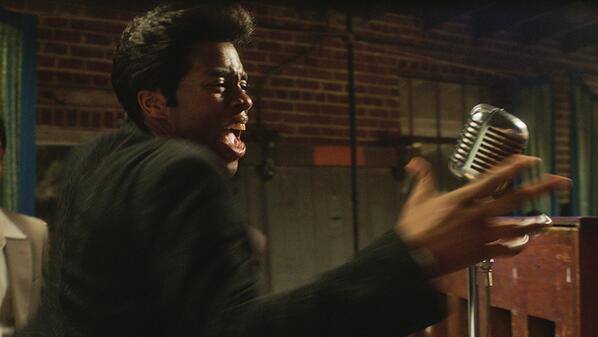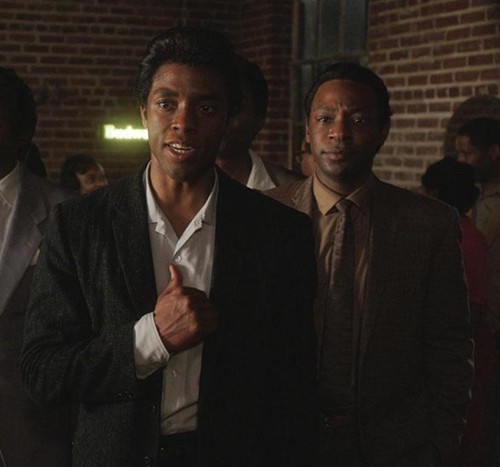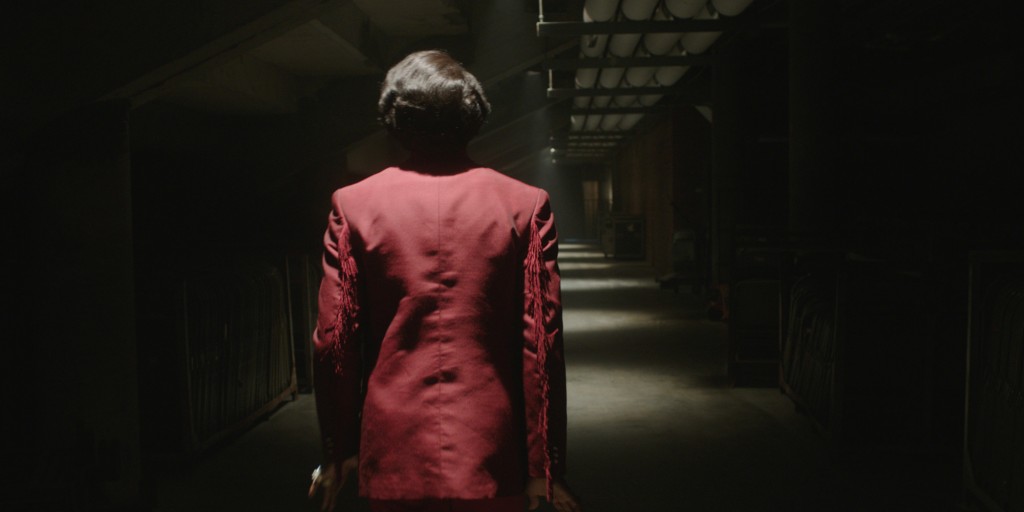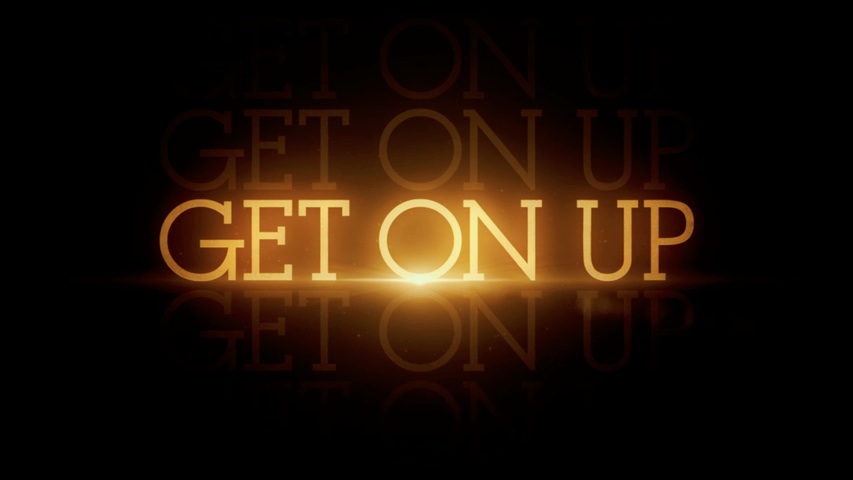Hollywood’s latest biopic Get On Up provides an entertaining look at the life of James Brown—one of modern music’s greatest innovators. You may not be greatly moved by the story but will undoubtedly be moved by the groove.
The story pales in comparison to Chadwick Boseman’s incredible performance as the Godfather of Soul. Get On Up will remind Ray fans of Jaime Foxx’s uncanny impersonation of Ray Charles, but Boseman channels Brown in a mesmerizing physical performance you can’t get enough of.

Nelsan Ellis also brings it as singer Bobby Byrd, a steadying presence to Brown’s volatility. The relationship between those two is central to the film.
I’ve been a fan of legendary musician biopics ever since the day I popped on a VHS tape of Dennis Quaid transforming into Jerry Lee Lewis in Great Balls of Fire. Writers and directors of such films always have to decide how much of a life to portray. The current conventional wisdom is to highlight a segment of the subject’s life, typically the struggles before discovery and the costs of stardom. But writers Jez and John-Henry Butterworth (Edge of Tomorrow) and director Tate Taylor (The Help) broke convention much like James Brown shook up the world of music.

Rather than portraying Brown’s life in linear fashion—from an impoverished youth in Georgia abandoned by his mother—we bounce from era to era, from the 1980s to the 60s then the 30s and back around a half dozen more times. Most musical biopics make a big show of the moment artists are discovered and propelled to stardom, but Get On Up downplays Mr. Brown’s big moment of being discovered much the way Brown himself did—as an inevitability he seemed to anticipate as birthright.
This jumping around was effective at allowing the filmmakers to present themes of Brown’s life and combining personal turmoil which happened years apart into a bottom falling out turn at the end of the second act. The technique is less effective where we lose the impact of his relationships to minor characters such as Ben Bart (Dan Aykroyd) and his son Teddy.
The other unique feature is how both old and young Brown (played by twins Jamarion and Jordan Scott) break the fourth wall and let us know all about paying the cost to become the boss.
Brown’s engagement with viewers shows a man who knew from a young age that millions of eyes would be on him. Those prying eyes leave him speechless when he’s forced to confront us after a disturbing incident of domestic violence against his second wife DeeDee (Jill Scott).
The rest of the cast—namely Viola Davis, Octavia Spencer, Craig Robinson, and Lennie James—give solid performances. The costumes of Sharen Davis are also noteworthy.
With all the movement in time, the filmmakers struggled to portray white bigotry of the era without devolving into caricature. At the same time, historical events like the Vietnam War and assassination of Martin Luther King, Jr. are used well as anchor points.
And if the movie slows down too much for some viewers at times, it’s only like a James Brown concert was—soft, soulful lulls before the dynamite goes off. Filled to the brim with funk, fans of live performance will love the variety of stage scenes.
Music fans will also get a healthy dose of the innovations Brown brought to the industry such as bypassing promoters to take all the money at the gate as well as ignoring traditional musical styles to find the groove that sounds good and feels good. Producer Mick Jagger no doubt encouraged such elements.

For as compelling as Boseman is, the story of James Brown doesn’t necessarily go to a place of redemption in any clear way, probably because the singer lived a troubled life until his death on Christmas Day in 2006. His 1988 chase with police across two states is a pivotal event in the movie which is unlikely to make viewers sympathetic to the Godfather of Soul, even as it largely ignores his problems with womanizing and substance abuse.
Overall, I’ll give the movie a B+ and won’t be surprised at all if an adaptation one day reaches a Broadway stage.

